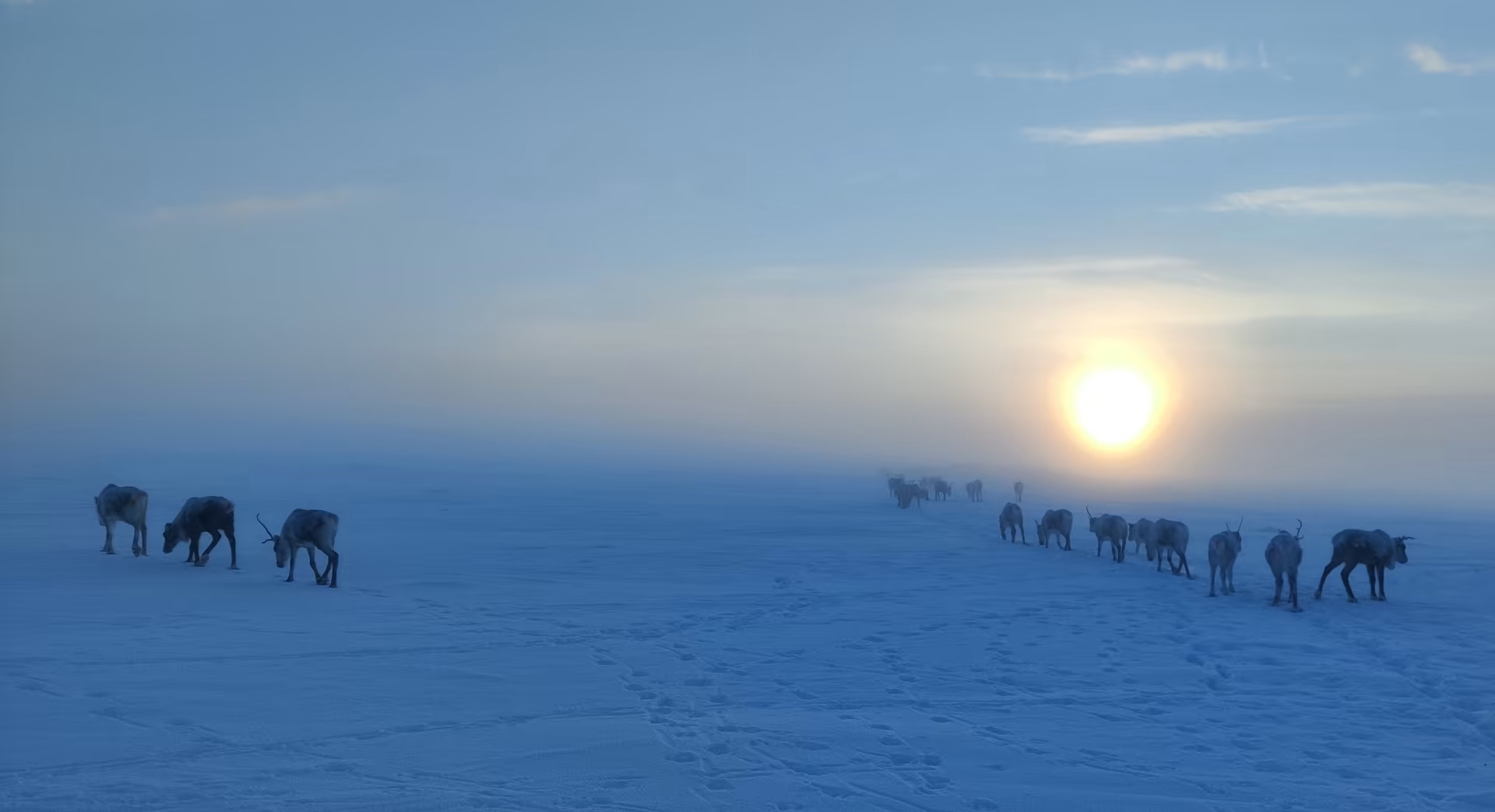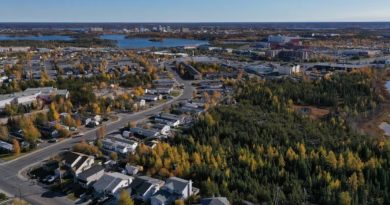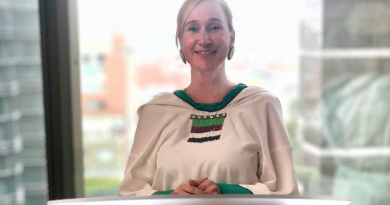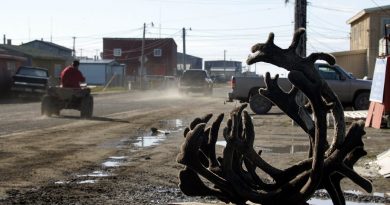Livelihoods and nature at risk as Lapland warms quickly, irrevocably

According to the Finnish Environment Institute (Syke), many species could disappear as temperatures rise over the next few decades.
The average annual temperature in Finnish Lapland may rise by many degrees within one generation, with a dramatic impact on nature and local livelihoods, the Finnish Environment Institute (Syke) warned on Wednesday.
If the growth of greenhouse gases is not curbed, temperatures in Lapland could rise by almost seven degrees Celsius over the next 50 years, compared to pre-industrial times.
According to Syke predictions, Lapland will warm by up to 2–3 degrees from the current state, i.e. 4–5 degrees compared to pre-industrial times, over the next half century based on currently decided climate measures. The estimate is based on a long-term analysis of temperatures in the Finnish, Swedish and Norwegian parts of Lapland.
Compared to pre-industrial times, Lapland has already warmed by about two degrees.
“Lapland’s winters are starting later and becoming milder, causing difficulties for many livelihoods, such as reindeer husbandry, nature tourism and construction. The shift is estimated to take place during the span of one human generation,” predicts Syke.
According to the analysis, as the temperature rises, natural habitats change and disappear when, for example, palsa mires and permafrost melt. Open areas become bushy and grassy as the Arctic nature becomes greener.
More northerly animal species will become endangered, and some may disappear completely. Almost 40 percent of open-tundra species are already endangered.
The plight of these species is further aggravated by the darkening and eutrophication of the waters and the spread of newcomer and alien species such as fox, humpback (pink) salmon and giant hogweed in the area, the institute says.
Temperature rise could still be limited with stricter laws
Even if most countries comply with the emission reduction targets of the Paris Climate Agreement to a reasonable extent, the temperature in the northwestern region known as Fell Lapland will rise by a further 2-3 degrees in the next 50 years, says Syke.
“If the growth of greenhouse gases is not curbed at all, at worst the temperature in Lapland may rise by almost seven degrees compared to pre-industrial times,” Syke forecasts.
However, according to the institute, the temperature increase could be limited to 3–4 degrees if all countries in the world introduce new, strict and comprehensive restrictions on energy production, transport, construction, food production and consumption.
Syke coordinated the analysis in partnership with the Finnish Meteorological Institute, Parks & Wildlife Finland, the University of Umeå, as well as several other Nordic research institutes and universities.
Related stories from around the North:
Canada: VR project brings the realities of Arctic climate change in Canada to viewers, Eye on the Arctic
Greenland: Glowing snailfish full of antifreeze proteins found off coast of Greenland, Eye on the Arctic
Russia: Melting permafrost may release industrial pollutants at Arctic sites: study, Eye on the Arctic
Sweden: Climate adaptation funding cut in budget in Sweden, Radio Sweden
United-States: Alaska’s fisheries face climate change, costs; fewer youth join trade, The Associated Press



